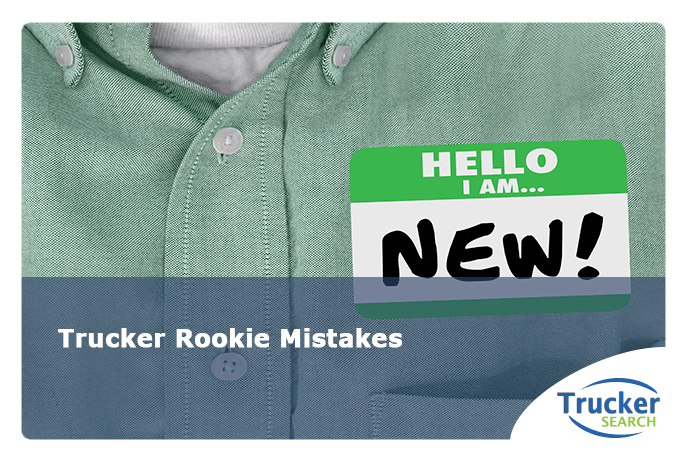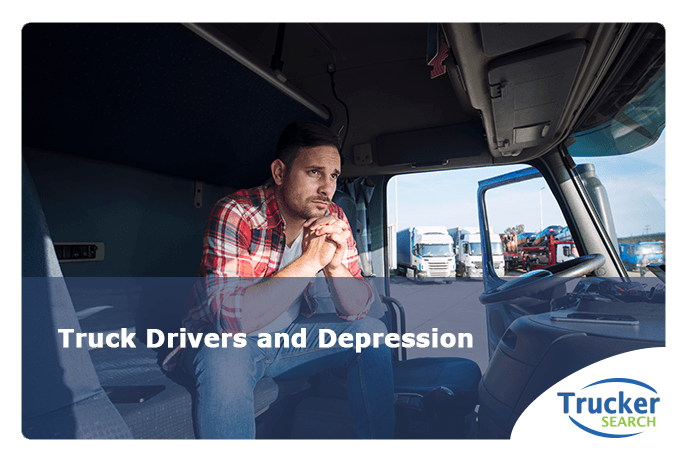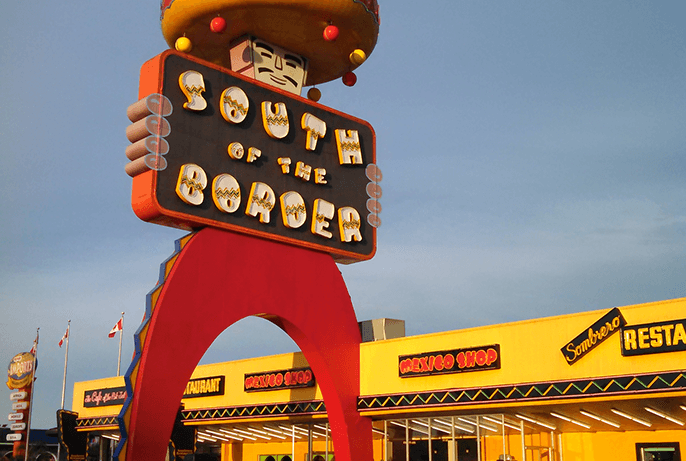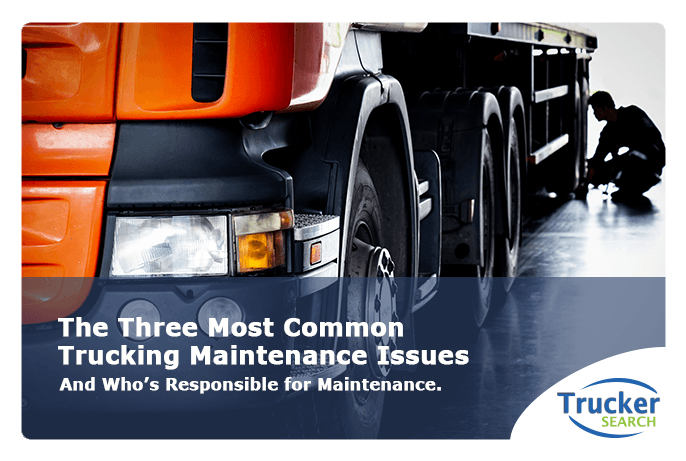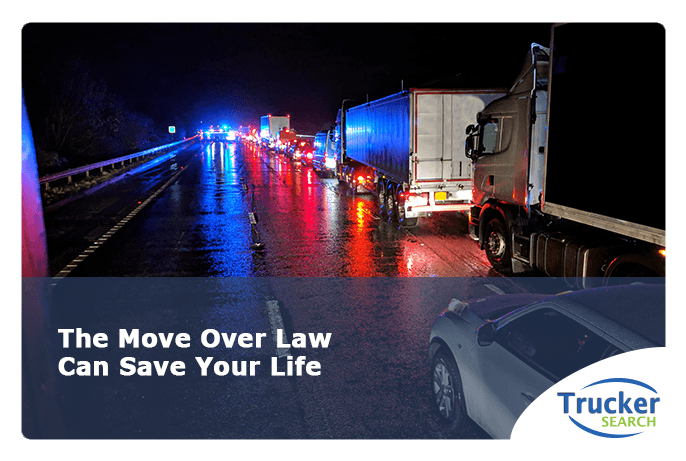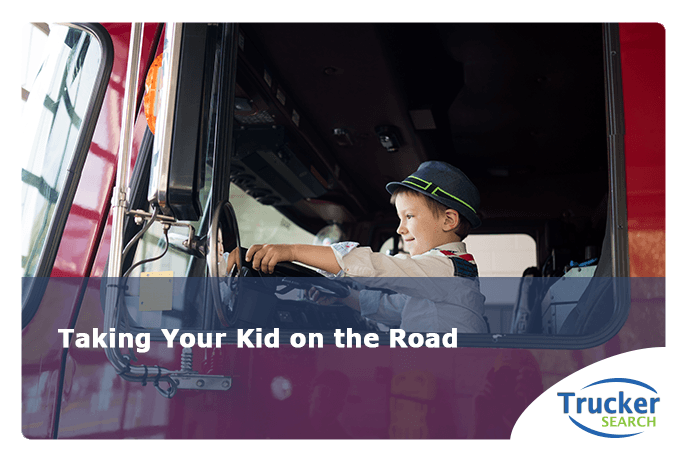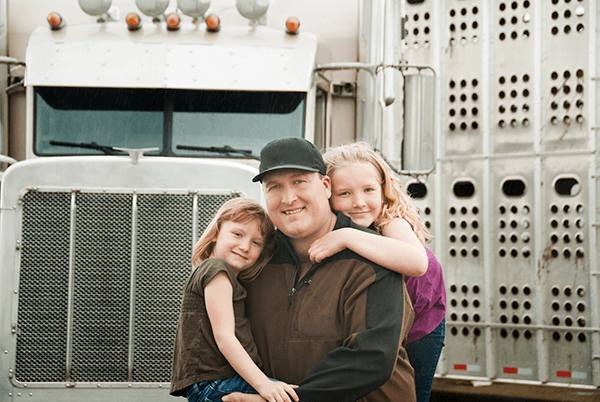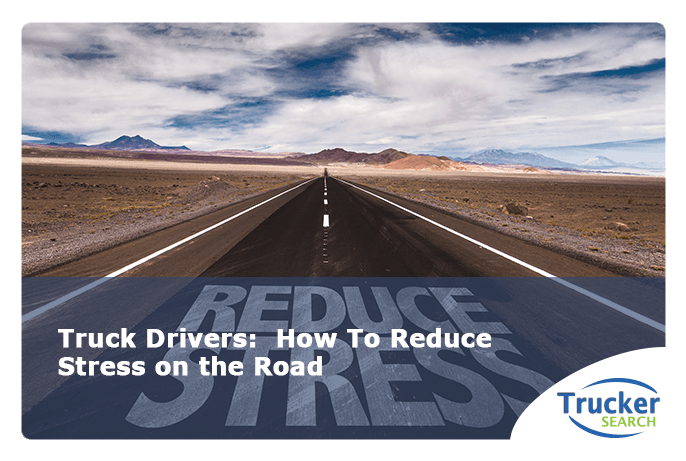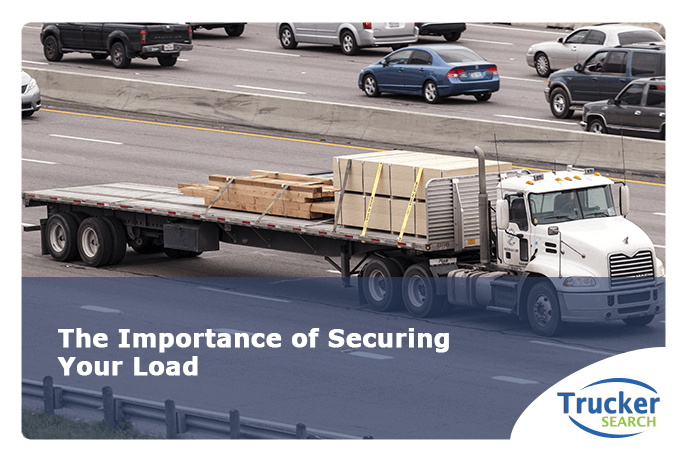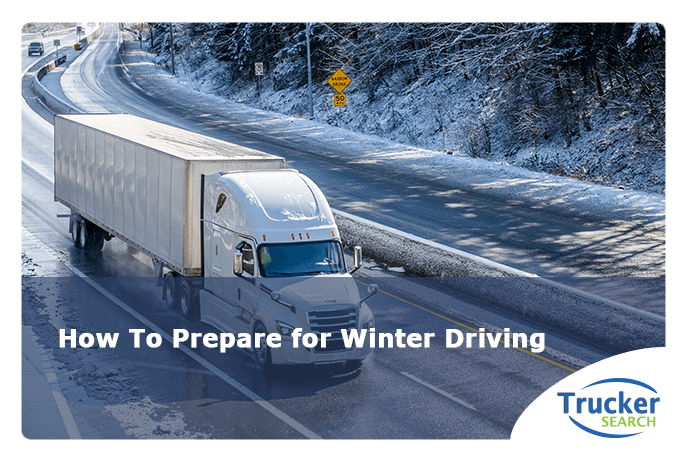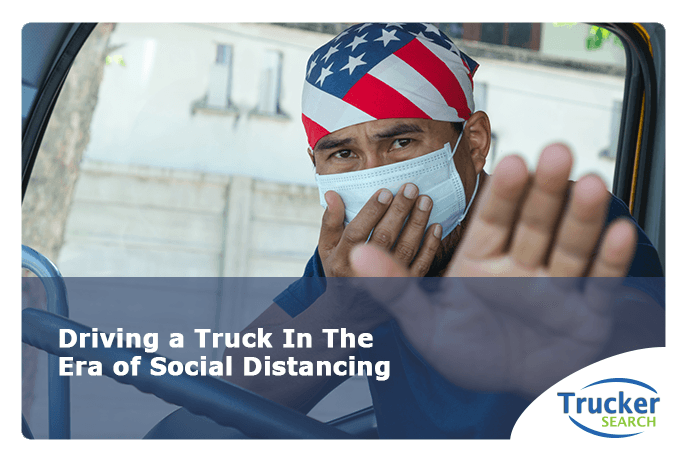
If there’s a phrase that best describes our current situation, it’s “social distancing”. It’s an easy enough concept to grasp: by staying home and remaining at least 6 feet from others when we go out for necessities, the coronavirus won’t be able to make the jump from one person to the next, stopping the spread of the virus over time.
In practice, however, it’s not so easy. Not everyone follows the rules and some people forget so navigating a grocery store and maintaining a 6-ft buffer is a bit like walking through a field of land mines with none of the explosions but all of the anxiety.
For essential workers, this is an all-day stress-fest. Truck drivers are used to some solitude but during the pandemic have lost those usual welcomed times of human interactions along their routes. Some truck stops have been forced to close their doors while others only offer drive-thru services which most trucks can’t maneuver through and won’t serve people who walk up to the drive-thru window. Some drivers now have to pack their own foods and eat in their trucks.
Safety for drivers as well as anyone around them is most important during these difficult times.
Social Distancing Tips for Drivers
- Stay 6 feet away from everyone even in truck stops, gas stations and points of delivery.
- Use disposable gloves when you’re pumping gas and dispose of them in a garbage receptacle at the pump immediately after.
- Use debit/credit cards instead of cash.
- Wash your hands frequently and thoroughly.
- Use hand sanitizer often.
- If you develop symptoms, seek assistance where you are. Don’t try to stick it out until you’re home.
- Avoid crowds.
- Wear a mask when you’re in public places. N95 masks are the best if you have one but they’re needed by medical staff and are in short supply in many areas so the CDC is recommending that they are left for them. A cloth mask will do, or a bandana or scarf folded in layers. Continue to maintain your 6-ft. distancing even when wearing a mask.
- Use your phone to communicate with customers to avoid as much face-to-face time as you can.
- Disinfect your vehicle often. Keep disinfectant wipes in your truck so you can use them to wipe down door handles, the steering wheel, gear shift, and pay particular attention to shared items like clipboards, pens, and dollies.
- Be mindful of what you’re touching when you use a public bathroom. Once you’ve washed your hands thoroughly, don’t touch anything else. Use a paper towel to open the door.
More guidelines for protecting yourself during the coronavirus pandemic can be found on the CDC’s website.
By following guidelines and taking appropriate precautions, drivers can be safe and minimize their chances of getting the virus or passing it on and be more prepared in the future.
If you’re looking to start a career behind the wheel of a big rig, Trucker Search can help. Connecting truck drivers and employers is what we do. It’s quick, it’s easy, and it can get you that dream job on the open road. Get started today at TruckerSearch.com or call us at (888)254-3712. Stay safe!

